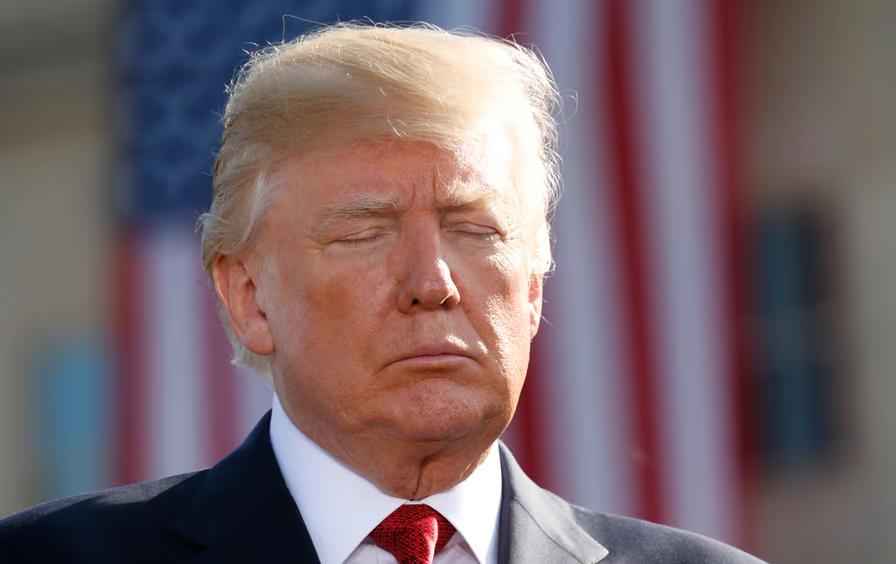Russia limits women’s access to abortion, citing demographic changes
Nov 28, 2023 / GMT+6
Russia has been promoting itself as a country that upholds "traditional family values," as frequently emphasized by President Vladimir Putin. The LGBTQ community has faced severe restrictions from the government, with laws being passed to prohibit gender-affirming surgeries and the spread of "gay propaganda." However, social conservatives now have a new focus: reproductive rights.
While abortion remains a legal and easily accessible procedure in Russia, there has been a recent surge of new laws aiming to limit abortion access. These laws have emerged due to concerns over a declining population and a growing conservative movement in the country.
 In the months of August and November, two regions of Russia – Mordovia and Tver – implemented laws imposing penalties on individuals who "coerce" women into having abortions. In October, lawmakers also approved legislation that restricts access to abortion medication, potentially impacting the availability of certain contraceptives as well.
In the months of August and November, two regions of Russia – Mordovia and Tver – implemented laws imposing penalties on individuals who "coerce" women into having abortions. In October, lawmakers also approved legislation that restricts access to abortion medication, potentially impacting the availability of certain contraceptives as well.
However, recent reports from the independent news outlet Meduza indicate that all private health clinics in Russian-occupied Crimea have decided to completely cease offering abortion services.
According to Meduza, Konstantin Skorupsky, the head of the Crimean Ministry of Health, stated that owners of private clinics were encouraged to discontinue providing abortions in an effort to "contribute to improving the demographic situation" on the occupied peninsula.
This restriction on abortion services is not limited to Crimea, as other private clinics in Russia have also adopted similar policies. As a result, women are directed towards government clinics, where wait times are often lengthy. Furthermore, reports suggest that staff at these clinics exert pressure on patients to continue their pregnancies.
In certain regions, government clinics even designate specific days, known as "days of silence," when abortions are not performed.
It has been suggested by some analysts that the recent surge in attention towards demographic concerns is connected to Russia's current invasion of Ukraine. This invasion has served as a catalyst, bringing to light long-standing fears regarding population decline.
In 1992, Russia's population reached its highest point at 149 million. However, it has since experienced a decrease and currently stands at approximately 144.4 million. This decline is a trend that can also be observed in various Western nations. Russia's birth rate remains at around 1.5 births per woman, falling short of the 2.1 rate required to sustain the population.







